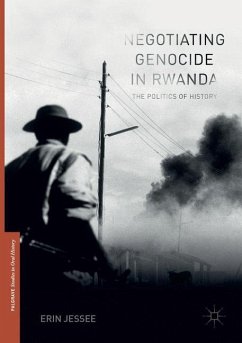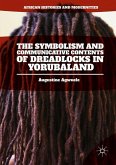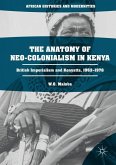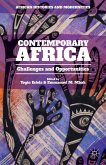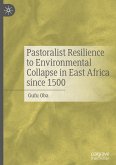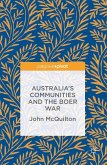This book is an oral history-based study of the politics of history in the aftermath of the 1994 genocide in Rwanda. Using life history and thematic interviews, the author brings the narratives of officials, survivors, returnees, perpetrators, and others whose lives have been intimately affected by genocide into conversation with scholarly studies of the Rwandan genocide, and Rwandan history more generally. In doing so, she explores the following questions: How do Rwandans use history to make sense of their experiences of genocide and related mass atrocities? And to what end? In the aftermath of such violence, how do people's interpretations of the varied forms of suffering they endured then influence their ability to envision and support a peaceful future for their nation that includes multi-ethnic cooperation?
"Presents a critical and insightful analysis of the politics of history in post-genocide Rwanda. ... This book is best suited for readers who have experience or prior background in Rwandan history because it presents more complicated frameworks, aspects of history, and narratives about post-genocide Rwanda. ... this book will provide a fascinating and refreshing look at the politics of history present in Rwanda, and a nuanced view of the challenges of confronting official narratives that have arisen since 1994." (Samantha Lakin, Oral History Forum d'histoire Orale, Vol. 37, 2017)

